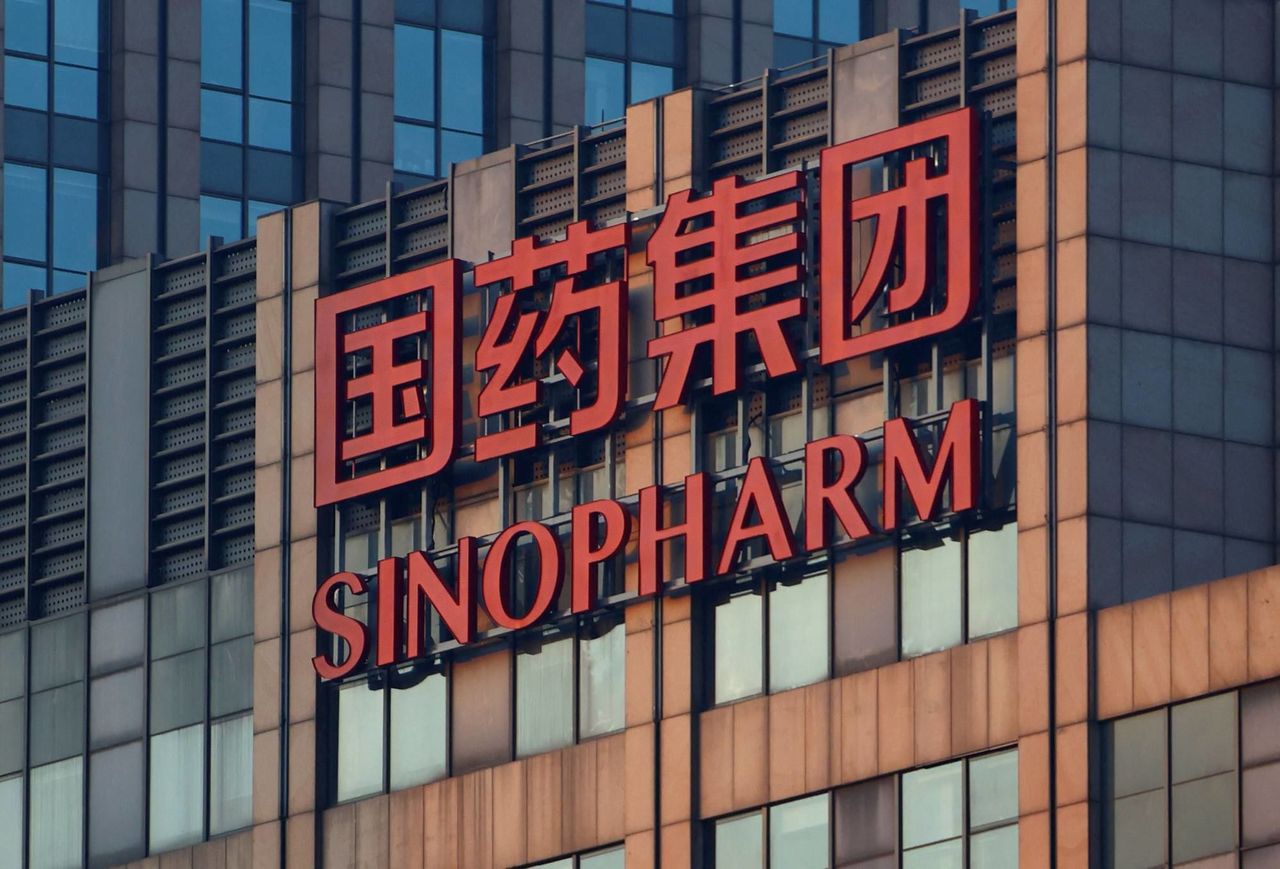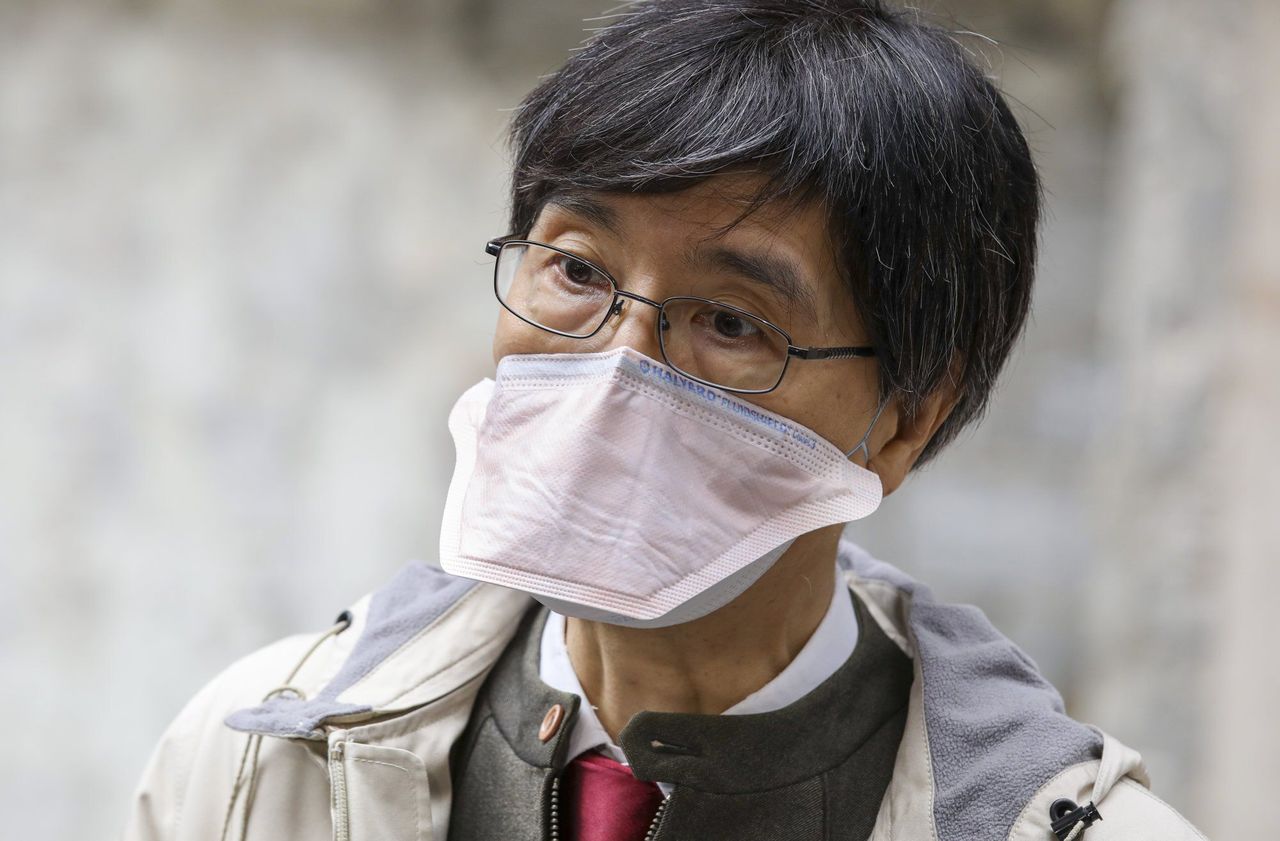Sinovac Biotech and China National Biotec Group have received approval to carry out clinical trials in the city for new vaccines.
Hong Kong has given the green light for clinical trials to begin on three new Covid-19 vaccines manufactured by mainland Chinese companies that target the Omicron variant ahead of their expected launch over the border in the autumn.
Sinovac Biotech, whose inactivated vaccine based on the original strain of the virus is among the two vaccines currently being offered in Hong Kong, received approval papers to conduct clinical trials for an Omicron-specific one on Thursday, according to a statement from the company on Saturday.
The vaccine was based on strains obtained in December, including one isolated by the University of Hong Kong (HKU).
The company said the city was the first to approve its vaccine for clinical trials after it applied in several countries and regions.
Separately, China National Biotec Group, which is part of Sinopharm, said its two inactivated vaccines for the Omicron variant developed by its Beijing and Wuhan institutes had received approval to conduct clinical trials from the Pharmacy and Poisons Board of Hong Kong on Tuesday and Wednesday.
 China National Biotec Group says its two inactivated vaccines for the
Omicron variant have received approval to conduct trials in city.
China National Biotec Group says its two inactivated vaccines for the
Omicron variant have received approval to conduct trials in city.
The studies will evaluate the safety of the jabs and their ability to generate an immune response in adults who have received two or three doses of a Covid-19 vaccine before, according to a statement.
It will be a double-blind, randomised controlled trial for heterologous immunisation and it will be conducted on participants who have taken non-inactivated vaccines.
HKU microbiologist Professor Yuen Kwok-yung told the Post that the university’s Clinical Trials Centre had approved Sinopharm’s application to carry out the final two phases of tests for the new jabs.
“We supplied the Omicron BA. 1 vaccine seed to Sinopharm for manufacturing the next generation inactivated omicron vaccine given intramuscularly. They have done preclinical and animal evaluation,” he said.
Yuen added that the group had already completed the first phase of clinical trials on the mainland.
“Now they would like to run a phase two clinical trial at HKU as a booster for those who have received the old 2019 prototype virus vaccine,” he said. “They will be checked for safety and immunogenicity including neutralising antibody titres against Omicron variants and other virus strains if possible.”
 University of Hong Kong microbiologist Professor Yuen Kwok-yung.
University of Hong Kong microbiologist Professor Yuen Kwok-yung.
The microbiologist said the two vaccines were expected to be available on the mainland as early as October.
“The approval process in China will be much faster than in Hong Kong. We don’t expect these vaccines will be rolled out in Hong Kong any time soon even if they pass the clinical trials,” he said. “But the findings from Hong Kong’s studies will be used to complement the clinical trials on the mainland.”
The government’s vaccine committee co-convener and HKU Professor Ivan Hung Fan-ngai is the principal investigator of the trial. He said the second phase of the studies would start in mid-May and 1,800 subjects would be recruited.
He added that Hong Kong should procure the vaccines if they were proven to be effective, and he expected to see more collaboration between the city and the mainland for vaccine development purposes.
“The mainland has very strong laboratory and pharmaceutical support, while Hong Kong has the expertise and support in conducting clinical trials,” Hung said.
China National Biotec Group’s Beijing and Wuhan institutes previously developed two inactivated vaccines based on the original strain of the virus, which were both approved for use on the mainland for those aged three and above. The shots produced by the Beijing institute were approved for emergency use and distributed worldwide, mostly to developing countries.
Pharmaceutical companies around the world are developing Omicron-specific jabs after it was found that two doses of a Covid-19 vaccine were not as effective in tackling the highly-contagious strain due to changes to its spike, the part that controls how the virus enters cells and causes infection.
Pfizer and BioNTech could finish work as early as this autumn on a new version of their Covid-19 vaccine, which promises to offer better protection against Omicron, while still being effective against other variants. Last month, Moderna began phase 2 trials of its booster shot.
In February Zhang Yuntao, vice-president and chief scientist of China National Biotec Group, revealed the company was developing four different types of Omicron-specific vaccines, including inactivated, protein-based and mRNA jabs.
Sinopharm said earlier this month its recombinant vaccine, NVSI-06-08, could offer broad protection against Sars-CoV-2, the virus that causes Covid-19, and it had been approved for clinical trials on the mainland.
The company’s earlier version, NVSI-06-07, was approved for emergency use as a booster shot in the United Arab Emirates and was found to induce a strong immune response against Omicron, according to a study that was not peer-reviewed.
The mainland also recently approved two clinical trials of mRNA vaccines by Cansino Biologics and CSPC Pharmaceutical Group, with both saying their jabs work well against the Omicron variant.
In Hong Kong, so far there are only two types of vaccines available – the Chinese-made Sinovac and the German-made BioNTech.















